TRADITIONAL WISDOM, MODERN SCIENCE, AND EFFECTIVE PRACTICE
What Is the Diamond Approach and How Is It Different?
There are many spiritual paths. And yet many followers of these paths seem to hear the teachings but not be able to integrate them into their lives. Students may have spiritual insights and still be held back by difficulties related to their childhoods or other life circumstances. What is the barrier between learning wisdom and actualizing wisdom in our lives?
While the Diamond Approach draws on similar traditional wisdom sources as other paths, it also incorporates modern psychological knowledge regarding the formation of our selves. Putting these two disciplines together, the Diamond Approach transmutes the very difficulties and disconnections that are commonly seen as barriers into doorways to greater understandings of ourselves and fundamental reality.
The Diamond Approach is a wisdom path, an investigation of reality, and a method of working oneself that leads to deeper understanding, spiritual maturity and liberation from self-imposed limitations.
Who is The Diamond Approach For?
The Diamond Approach begins with who you are, right here, right now. You don’t need to change or give up anything to begin the work. It is not for monks who have retreated from the world, but for people who live fully in the world of jobs, family, and other responsibilities. It recognizes the gift of your uniqueness and welcomes you in, as you are, guiding you along the next steps of actualizing your potential for greater aliveness, intimacy, clarity, depth, and engagement with your life, others, and reality.
Strong Psychological Foundations
Modern psychology agrees with wisdom traditions that we have no ego when we’re born. So how do we “construct” ourselves? Object relations theorists and depth psychologists have detailed understanding of the stages of development of our “separate” selves. The Diamond Approach uses this knowledge to help create a meaningful and effective practice.
As we mold the self we will become we are heavily influenced by our parents or other caregivers, siblings, friends, schools, and all manner of social factors. Often, we aren’t valued for who we truly are; because we are reliant on our caregivers and institutions we may simply try to shape ourselves to fit expectations. This goes against our true nature, creating conflicts and disconnections. These conflicts create limiting barriers between us and our original nature, as well as between us a deeper understanding of unbounded reality.
While our constructed selves help us get by in the world we come to inhabit them so fully that we forget who we are, and the depth of our being and connections. We may feel angry, sad, or as though we had “lost ourselves”.

